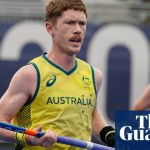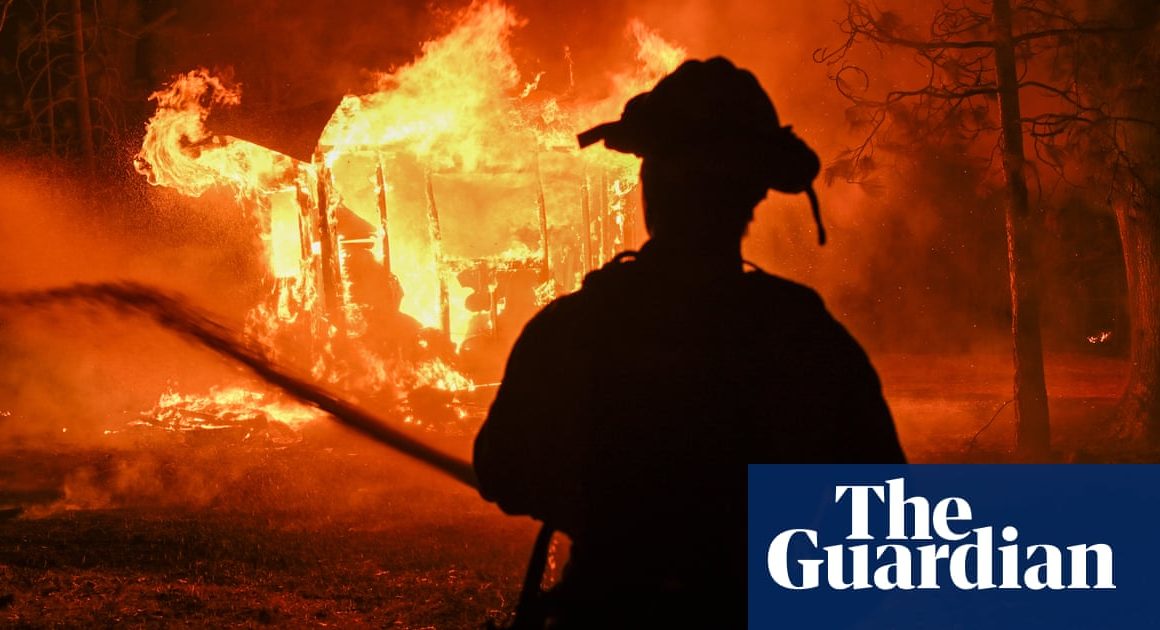Alessandra Celesiaâs film is part seance, part news story: a documentary about the run-down New Lodge estate in what the BBC news used to call âCatholic west Belfastâ. It is primarily about the families who still live with the unresolved agony of the Troubles a quarter of a century on, the psychic residue of political violence coexisting with sexism, domestic abuse, substance abuse and futile rage against drug dealers in working-class neighbourhoods. But there is something else too. Along with TV news stories about the Queenâs death there is the sensational revelation that for the first time, the Catholic community in Northern Ireland now outnumbers the Protestant. The thought can hardly be said out loud; could it be that times are changing and reunification â that concept which caused so much bloodshed â is actually going to happen without another shot being fired?
At the filmâs centre, Celesia shows the day-to-day life of Joe McNally, an ageing republican who has done jail time as an âordinary decent criminalâ, that is, for non-political offences. McNally lives like a ghost, an angry wraith; traumatised by the childhood memory of his uncleâs murder by loyalists. He has lived with the despairing sectarian thirst for revenge ever since. Celesia, perhaps inspired by Joshua Oppenheimerâs The Act of Killing, gets Joe to stage a reconstruction of his uncleâs wake in the back room with younger generations of the family, having gotten Joe and a friend to carry a coffin into his flat for this psychodrama. But far from exorcising Joeâs unquiet spirits, it only seems to make them even worse.
Joe talks to his therapist about his memories of the Bobby Sands funeral (and is awestruck at her revelation that she attended Sandsâs wake as a little girl). Perhaps inevitably, the coffin that was used to recreate his uncleâs wake is now repurposed to stage something similar for Sands; Joe then thoughtfully climbs into the coffin, clearly trying to imagine what death will feel like. When he rages about beginning a hunger strike of his own to publicise the problem with drug dealers in his block of flats, he rages also against the Provisional IRA who in his view did not care about the possibility of all this happening â and letting his district, as he puts it, become âlike Dublinâ. Itâs an analogy which, to say the least of it, shows an unsentimental view of a united Ireland.
Meanwhile a younger woman â a talented singer â is still dealing with her own memories of abuse and Celesia gets her to recreate her victimhood, fabricating the bruises on her face with makeup. âSo relaxing,â she says, âso much better than a real punch.â And her mum recreates the time she shot her abusive husband in the hip with an IRA handgun. Itâs a powerful, urgent and deeply sad film.












